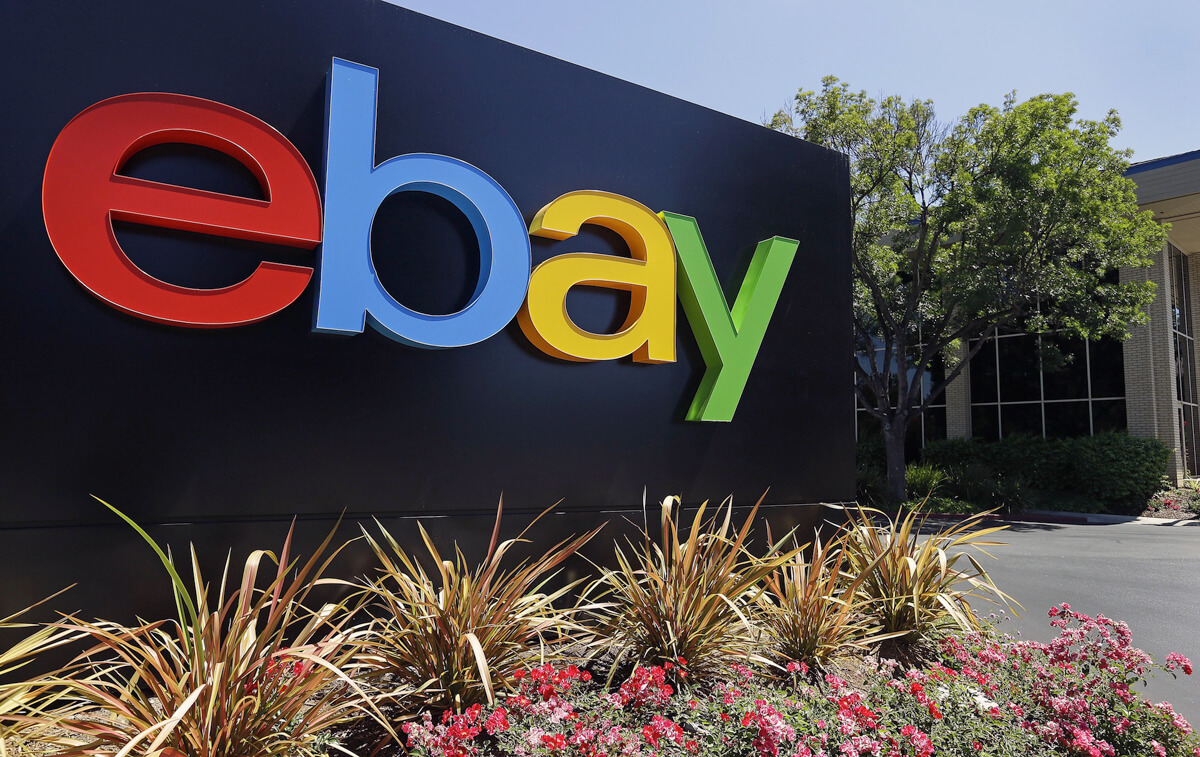Why it matters: They say you can buy almost anything on eBay. According to a Department of Justice lawsuit, that includes polluting and harmful products such as pesticides, dangerous paint remover, and devices that enable vehicles to evade pollution restrictions. But a judge has just dismissed the civil suit, citing Section 230 immunity for why the platform cannot be held liable for its content.
eBay.com has a long list of prohibited and restricted items, including illegal drugs, firearms, tobacco, and, not surprisingly, human body parts. That didn't stop the DoJ from filing a lawsuit against eBay in September 2023 claiming it violated environmental laws by allowing the sale of hundreds of thousands of harmful products, writes Reuters.
Among those items were 343,000 aftermarket defeat devices. These interfere with or disable emissions controls under real-world driving conditions, allowing vehicles to generate more power and improve their fuel economy.

eBay was also accused of allowing 23,000 unregistered, misbranded or restricted-use pesticides to be sold on the platform. It also allegedly distributed more than 5,600 paint and coating removal products that contained methylene chloride. The chemical is linked to brain and liver cancer and non-Hodgkin lymphoma.
The government said eBay violated the Clean Air Act; the Federal Insecticide, Fungicide, and Rodenticide Act; and the Toxic Substances Control Act.
U.S. District Judge Orelia Merchant dismissed the lawsuit, ruling that Section 230 of the federal Communications Decency Act protected eBay from liability.
Under Section 230, the only way an online platform can be held responsible for the content it hosts is if it assisted in the development of what made the content unlawful. The judge said that while eBay offers technical and material support to sellers, it does not materially contribute to the products' alleged unlawfulness.
The judge added that eBay was not a seller because it never physically possessed or owned the items. She also rejected the DoJ's argument that eBay was a seller because it exchanged the products for money.
Online platforms, usually social media companies, have been using Section 230 to shield themselves from liability for the content they host for years. Meta/Facebook has long used this argument successfully, but it was reported in June that an Australian billionaire could sue Mark Zuckerberg's firm over scam crypto ads featuring his likeness. The decision is said to be the first time a social media company has not been able to hide behind Section 230 in a US civil case over its advertising business.
